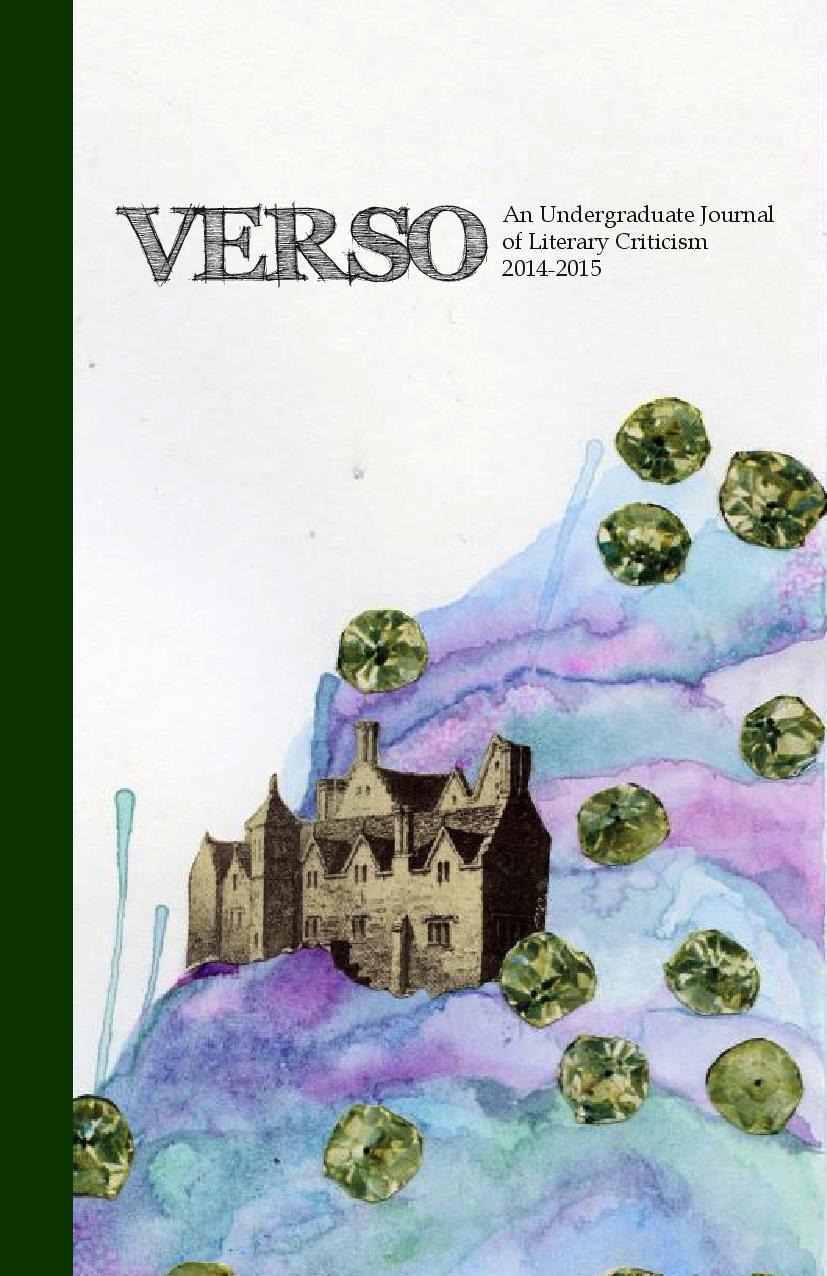Fate and Metatheatre in The Spanish Tragedy and Rosencrantz and Guildenstern Are Dead
Abstract
When Sarah Newman enrolled in English 4204: Plays about Playing in the fall of 2014, I knew she would do excellent work. She had studied Shakespeare with me earlier, so my expectations were based on what I knew about her academic excellence. What I didn‘t quite predict is the way in which Sarah would emerge as an intellectual leader in a group of very fine students indeed. Members of Plays about Playing were able to attend the Lion‘s Den Theatre production of Rosencrantz and Guildenstern are Dead, and to pose a few questions for the director after the show. I remember Sarah‘s joy at this event, and the alacrity with which she took the risk of asking (I believe) the first question. I didn‘t know then, of course, that she would choose to write about Rosencrantz and Guildenstern are Dead and some of its uncanny linkages with The Spanish Tragedy in her term paper, a revised version of which you are able to read here. I will not try to summarize her argument, except to say that she claims to discover that “the looming fatality present in works of metatheatre does not change over time” (5). And if you think it would be difficult to convince you to endorse this claim, all I can say is watch Sarah do it.
—Dr. Ronald Huebert

